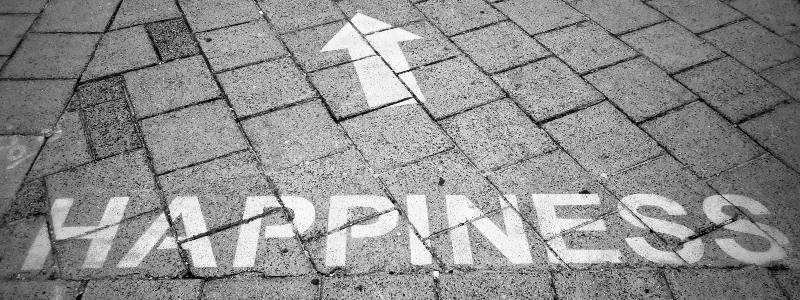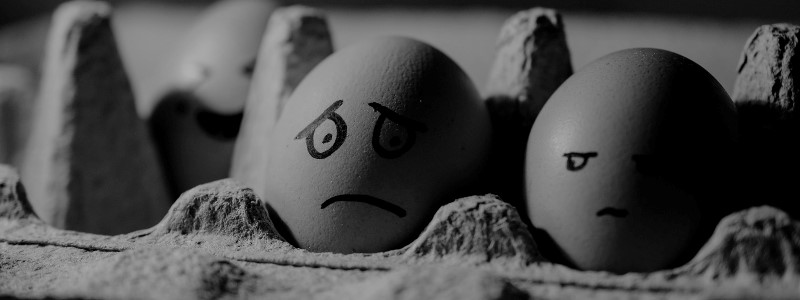Happiness is linked to a sense of joy, ease, and gratitude. It is also linked with a general positive evaluation of one’s life, past and present, which usually contributes to positive expectations or and looking forward to the future.
An ability to sustain a state of happiness depends on many factors, including how a person deals with stress and adversity. There is strong evidence that early attachments are a crucial determining factor in a child’s brain development, and consequently the formation of their world view and perspective in life. For example, a child who grows up with ongoing exposure to stress and trauma, and few or no positive early relationships is likely to feel preoccupied, anxious, and even depressed rather than happy and at ease. In turn, a child who grows up feeling emotionally and physically safe, though positive early relationships with others and therefore themselves, will very likely continue to cultivate these qualities throughout life.
Happiness can also be seen as a temporary emotional state, which comes and goes. Life satisfaction and mental wellness are qualities which can be cultivated and even created through conscious life choices in areas such as relationships, nutrition, exercise, work and spirituality.
What is the link between social connections and happiness? What aspects of having strong family ties and good friendships promote happiness?
Good relationships are a vital component in living a satisfying and fulfilling life. Human beings are relational beings. From day one we depend on our carers to survive and thrive in life. A sense of belonging, meaning, purpose and acceptance comes from relationships that are healthy, dependable, and enduring. Through others we feel seen, heard, and validated.
In turn, giving to others brings us a sense of satisfaction and fulfilment, and makes us happy as well. We don’t choose the families we are born into; therefore, good family ties aren’t a given for everyone. Those who are fortunate enough to have strong family ties and good relationships with their families are lucky. However, building strong friendships and relationships are also a way of creating a ‘family of choice’ with those we value and with whom we have things in common. Without good relationships we invariably feel lonely and isolated, which leads to poor mental health.
What is the link between happiness and self-compassion and gratitude?
Self-compassion and gratitude are ways of cultivating a positive view of self, others and the world around us. The way we think has a direct impact on how we feel about ourselves and others. This differs from positive thinking or being out of touch with reality. Our negative bias can lead us to developing self-defeating thoughts and a bleak view of the world. This then becomes our reality as we constantly search for things to confirm this view. Things are mostly neither always good nor always bad. The ability to hold a balanced perspective on life and hold both positions at the same time is what defines a healthy mind. Therefore, cultivating a positive thinking loop, rather than a negative one will impact our ability to feel happy.
Is happiness a choice?
Increasing our capacity to feel a full range of emotions such as sadness, anger, love, etc will also increase the likelihood of experiencing happiness. To feel happy, we need to get better at feeling in general. This means appropriate emotional responses to different situations. There are different ways of developing emotional literacy, psychotherapy being just one example. Therefore, we could say that there is a choice in improving one’s ability to feel happiness, as well as others feelings too.
On our website you can find more information about our counselling and psychotherapy services and how to contact our team.
Sam Jahara is a UKCP Registered Psychotherapist, Clinical Superviser and Executive Coach. She works with individuals and couples in Hove and Lewes.
Further reading –
What are the benefits of counselling and psychotherapy?
Why is mental health important?
What makes us choose our career paths?
Antidotes to coercive, controlling and narcissistic behaviour



